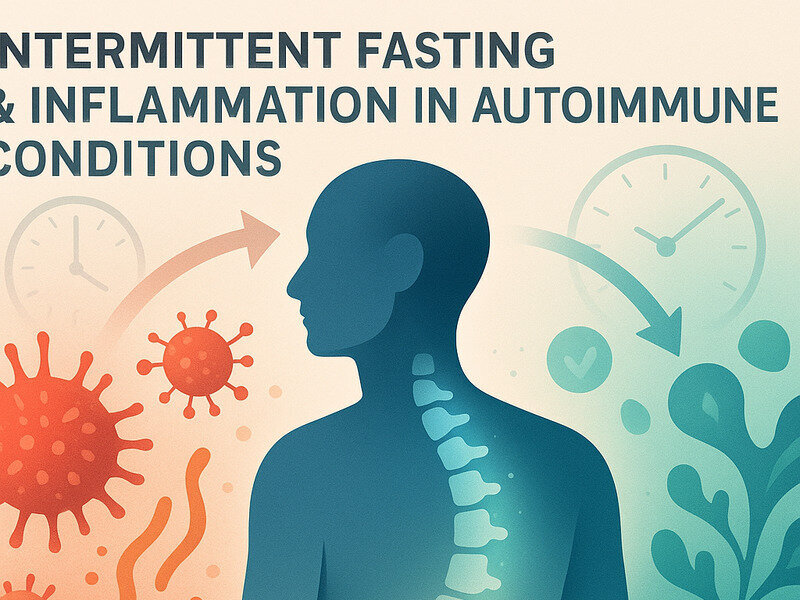
Sleep is a fundamental biological process that plays a crucial role in maintaining overall health and well-being. While the importance of sleep is widely recognized, the intricate relationship between sleep quality, stress, and inflammation is often less understood. To appreciate how these elements interact, it is essential to explore how sleep quality influences stress levels and inflammation in the body.
At its core, sleep quality refers to how well one sleeps, encompassing factors such as sleep duration, sleep continuity, and the depth of sleep stages. High-quality sleep is characterized by sufficient length, minimal interruptions, and the ability to progress through the various stages of sleep, including REM (rapid eye movement) and non-REM sleep. Poor sleep quality, on the other hand, can manifest as difficulty falling asleep, frequent awakenings during the night, or waking up feeling unrefreshed.
The Connection Between Sleep and Stress
Stress is a natural response to perceived threats or challenges, activating the body's "fight or flight" mechanism through the release of stress hormones like cortisol. While short-term stress can be beneficial in certain situations, chro...
Premium preview
Premium members unlock the full article—complete step-by-step routines, deeper coaching notes, and exclusive frameworks.


